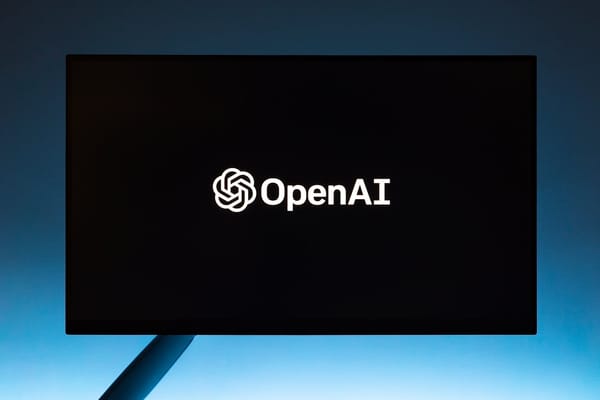🚨 Breaking News: Chinese Military Adapts Meta's AI for Defense - Raising Global Concerns
Table of Content
In a concerning development that's making waves across the tech and security sectors, Chinese military researchers have transformed Meta's open-source AI model into a military tool, sparking worldwide debate about the future of AI security.
The Story at a Glance: Chinese researchers linked to the People's Liberation Army have modified Meta's Llama 13B language model to create "ChatPIT," a military-focused AI system. This adaptation, reportedly outperforming even ChatGPT-4 in military scenarios, has set off alarm bells in the global security community.
What We Know:
- ChatPIT is designed specifically for military intelligence gathering
- It claims 90% better performance than ChatGPT-4 in military-related tasks
- The tool was built using Meta's publicly available AI model
- This development bypasses Meta's explicit restrictions against military use
Meta's Response: Meta's policy chief, Molly Montgomery, has emphasized that military applications of their AI models are strictly prohibited. However, the company admits they face significant challenges in enforcing these restrictions once their open-source technology is released into the wild.
Why This Matters: This development raises serious concerns about:
- The potential for AI arms race acceleration
- Lack of control over open-source AI technology
- Global security implications
- Privacy and human rights concerns
- Ethical use of artificial intelligence
Key Concerns:
- Security Risks: The ease with which military entities can repurpose civilian AI technology
- Accountability Gap: Unclear responsibility for AI-driven military decisions
- Global Stability: Potential escalation of international tensions
- Privacy: Risk of AI-powered surveillance and intelligence gathering
- Ethics: The morality of autonomous military decision-making
Expert Insights: Security analysts warn this could mark the beginning of a new era in military technology, where AI systems play an increasingly crucial role in strategic decision-making and intelligence operations.
Looking Forward: This situation highlights the urgent need for:
- Stronger international AI regulations
- Better oversight of open-source AI applications
- Global cooperation on AI security measures
- Clear guidelines for military AI use
What Can Be Done? Experts suggest:
- Implementing stricter controls on open-source AI
- Developing international AI governance frameworks
- Creating better monitoring systems for AI applications
- Establishing clear accountability measures
Questions We Should Ask:
- How can we ensure AI technology remains beneficial rather than harmful?
- What role should private companies play in preventing military AI development?
- How can the international community effectively regulate AI use?
- What safeguards can protect open-source innovation while preventing misuse?
This development serves as a crucial wake-up call about the dual-use nature of AI technology and the challenges of controlling its applications in an interconnected world. As we continue to advance in AI development, the need for balanced regulation and ethical guidelines becomes increasingly critical.
🤔 What are your thoughts on this development? How do you think we should balance innovation with security in the age of AI?











